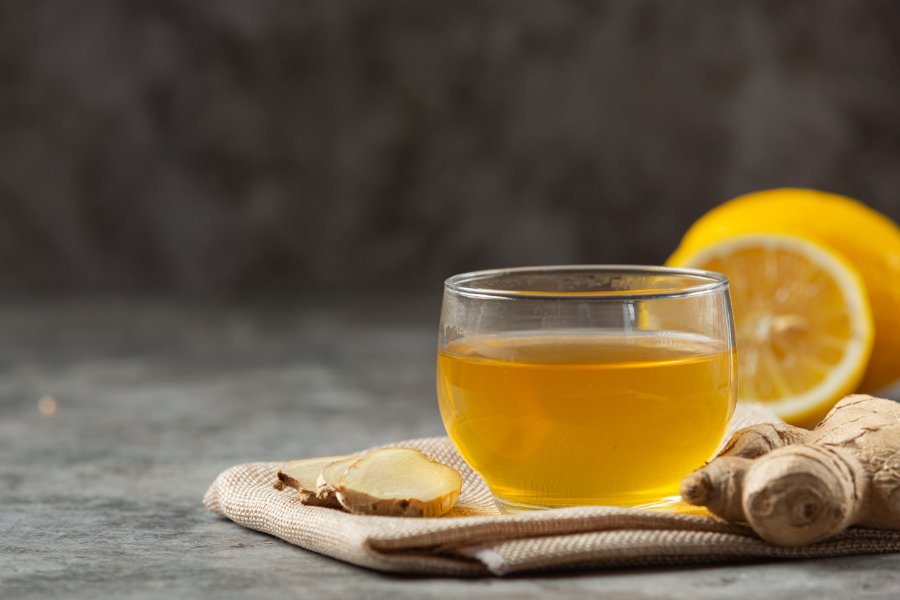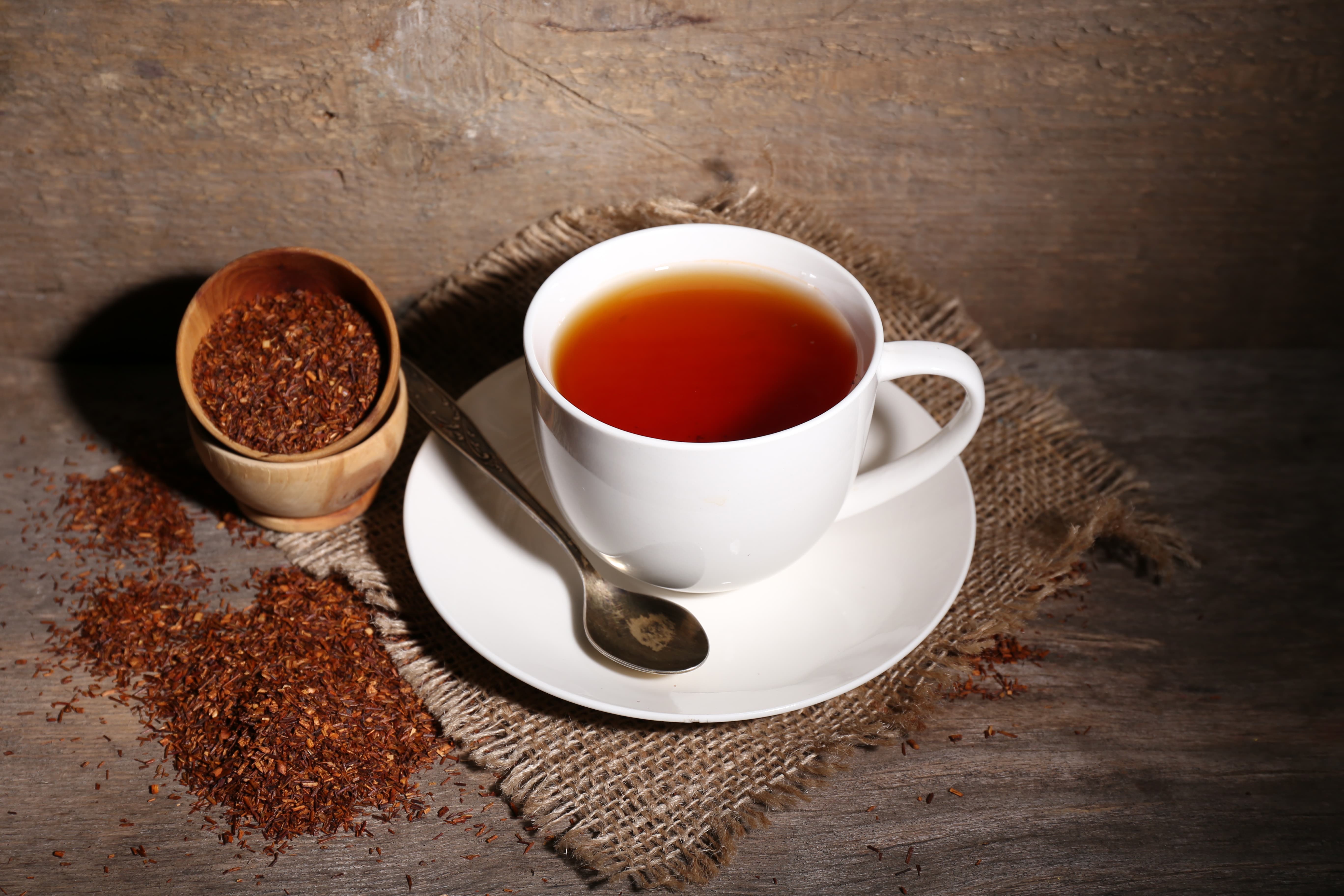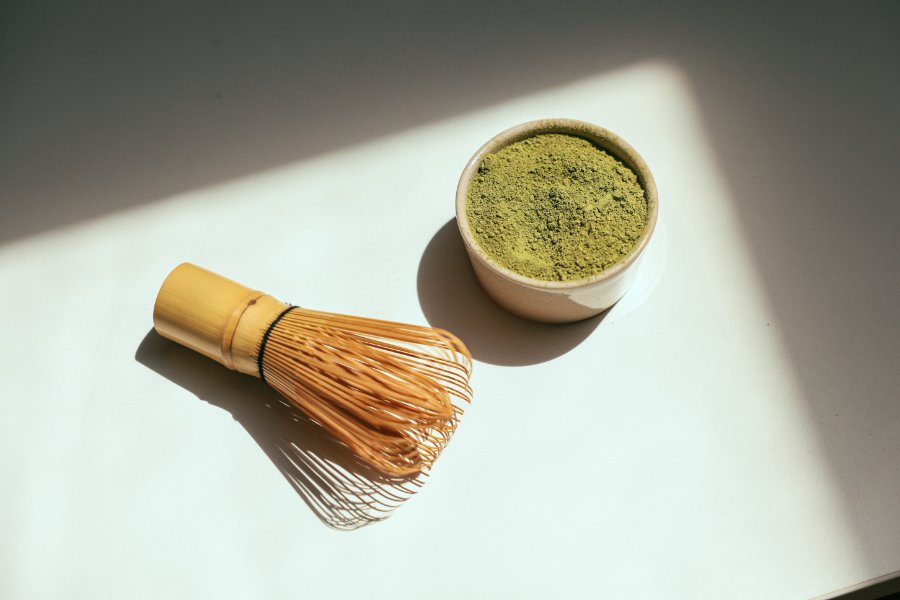
30 June, 2022 | Bon Tea Cafe Updated 2022
Unknown Useful Facts about Lemongrass Tea
Lemongrass has become a popular herb and is highly known for its scent. And the lemongrass tea has numerous helpful facts you probably don't know about. For example, lemongrass aids in restful sleep and a healthy immune system.
Weight loss, blood pressure regulation, and the treatment of common cold symptoms are all possible benefits of this beverage.
This guide will show you more helpful facts, lemongrass tea benefits, and how to make one.
Let’s begin.
What Is Lemongrass Tea?
The stalks and dried leaves of the lemongrass plant known as Cymbopogon are used to make lemongrass. Lemongrass is a tropical plant native to South Asia that thrives in warm climates.
Southeast Asia, especially the Philippines and Indonesia, is a significant market for the plant's tea and essential oil production.
Cymbopogon citratus is the most commonly utilized species for tea, but there are many more varieties of the plant. Caffeine is naturally absent from the tea, making it suitable for consumption at any time of the day or night without the risk of disrupting your sleep.
Because of their acidity, you can substitute tea leaves for lemon juice in Butterfly Pea Flower Tea to change the color from a rich blue to a brilliant purple. Black tea is frequently flavored with it.
Facts: 8 Science-Backed Reasons To Add Lemongrass To Your Diet

Numerous lemongrass tea benefits can make your day extraordinary! Here are eight reasons to drink this beverage regularly.
Lemongrass Reduces Anxiety
While many people find comfort in a hot cup of tea, the anti-anxiety benefits of lemongrass go even further.
According to the Memorial Sloan Kettering Cancer Center, people who suffer from anxiety may benefit from inhaling the scent of lemongrass. Some people currently use lemongrass essential oil to alleviate tension and anxiety. But researchers still need more evidence to support this claim.
May Be Beneficial In The Fight Against High Cholesterol
Lemongrass essential oils have anti-hypercholesterolemic and anti-hyperlipidemic properties that maintain healthy cholesterol levels, according to a study published in Food and Chemical Toxicology in 2011.
According to an animal study, lemongrass may help maintain healthy triglyceride levels and lower LDL cholesterol. Preventing atherosclerosis and other heart problems may be possible by preventing the buildup of lipids in the arteries and maintaining an unimpeded blood flow.
It May Lower Cancer Risk
Citral, a compound found in lemongrass, is also thought to possess anticancer properties when tested on various cancer cell types. In addition, lemongrass contains several cancer-fighting properties.
As adjuvant therapy for chemotherapy and radiation, lemongrass drink has been used occasionally. However, you need a doctor's prescription for its use.
Lemongrass May Lower High Systolic Blood Pressure
During a 2012 study, 72 men were given either green tea or lemongrass beverage to drink as part of an experiment. While systolic blood pressure was somewhat reduced, diastolic blood pressure was slightly elevated in those with lemongrass.
Additionally, their heart rate was substantially lower than usual. Therefore, men with heart problems should limit their use of lemongrass because these findings intrigue those with high systolic blood pressure.
This can prevent dangerous heart rate decreases or diastolic pressure increases.
It May Help You Reduce Weight
Lemongrass is a cleansing beverage that can help lower your weight by revving your metabolism. Despite this, numerous weight loss and lemongrass studies are anecdotal rather than scientific.
Lemongrass is a natural diuretic, so you'll probably lose weight if you drink enough of it. In general, substituting lemongrass for soft drinks and other sugar-sweetened beverages in your diet may aid weight loss.
However, lemongrass tea should not be consumed primarily. This can make you more susceptible to side effects. Alternate lemongrass with water or other non-sweetened beverages.
The Drink May Increase Red Blood Cell Levels
According to the findings of a 2015 study, consuming lemongrass tea infusions daily for 30 days will boost hemoglobin levels, packed cell volume, and red blood cell count in the body.
Blood samples were taken from 105 human individuals at the beginning of the trial and 10, 20, and 30 days. They concluded that consuming lemongrass helps red blood cell production.
While they didn’t specify how lemongrass accomplishes this, they did speculate that the antioxidant components of the tea may be involved.
Lemongrass Tea Is Good For Digestion
Lemongrass has a calming effect on the digestive system because of its cooling properties. In addition, it contains citral, an ingredient that aids in the digestion of meals. Because of this, it's usually served at the end of the meal.
As a traditional Chinese medicine cure, it has been used to treat anything from constipation, bloating, and indigestion to stomach cramps.
A small study published in the Journal of Renal Nutrition found that drinking lemongrass tea increased urine production more than any other beverage.
Water retention causes bloating. Thus this diuretic impact on the body can be helpful. But unfortunately, this complaint frequently accompanies premenstrual syndrome.
It May Reduce Body Aches
Lemongrass oil and other lemongrass products have been shown to help alleviate headaches and other aches and pains.
According to a study, herbal oil is an excellent treatment for various types of muscular and body soreness.
But it also has fewer adverse effects than synthetic medications. This isn't the first time lemongrass essential oil has helped treat rheumatism.
How To Make Lemongrass Tea
Depending on your preference, you can enjoy lemongrass, either hot or cold. Either way, use just boiling water to make the tea. Alternatively, you can make iced tea by letting the mixture cool to room temperature before serving or storing it.
When brewing tea, use filtered or spring water to provide the best flavor. Lemongrass tea leaves or stalks of the highest grade should be used at the outset.
For optimal flavor, you can use dried or fresh lemongrass or tea bags for ease of usage.
Ingredients
- 1 teaspoon dried or fresh lemongrass leaves
- 8-10 ounces of water
- Lime garnish (optional)
- Sweetener (optional)
Instructions
- In a saucepan on the stove or in a temperature-controlled teapot, boil water to 212 F.
- Strain the tea through a sieve into a cup, then add the lemongrass leaves.
- Fill the teacup halfway with hot water and let it steep for 5 to 8 minutes before serving.
- Remove the filter from the tea. Garnish with a lime wedge if preferred and additional sweeteners, such as brown sugar or honey.
If you want to know how to make lemongrass, there you go. It’s easy to prepare at home.
Potential Side Effects Of Lemongrass

Lemongrass and its derivatives are generally safe to use. However, there are some side effects you should know. For example, inhaling lemongrass has been linked to lung irritation in some people.
Inhaling lemongrass essential oil is all required, but it's still a good idea to speak with your doctor before drinking the tea, just in case.
Lemongrass has been linked to an increased risk of miscarriage and increased menstrual flow. Pregnant women should avoid drinking lemongrass. Because we don't know enough about the effects of lemongrass tea on nursing mothers, it's best to avoid it altogether.
Conclusion
Lemongrass tea can be served hot or cold, depending on your preference. It may help lower blood pressure and boost the immune system, among other things.
Lemongrass, popular in aromatherapy, may aid in purification and relaxation. Lemongrass tea is not only good for you, but it also tastes great. This herbal tea has a moderate sweetness and a hint of lemon taste. Take a sip of this energizing herbal tea and relax.





